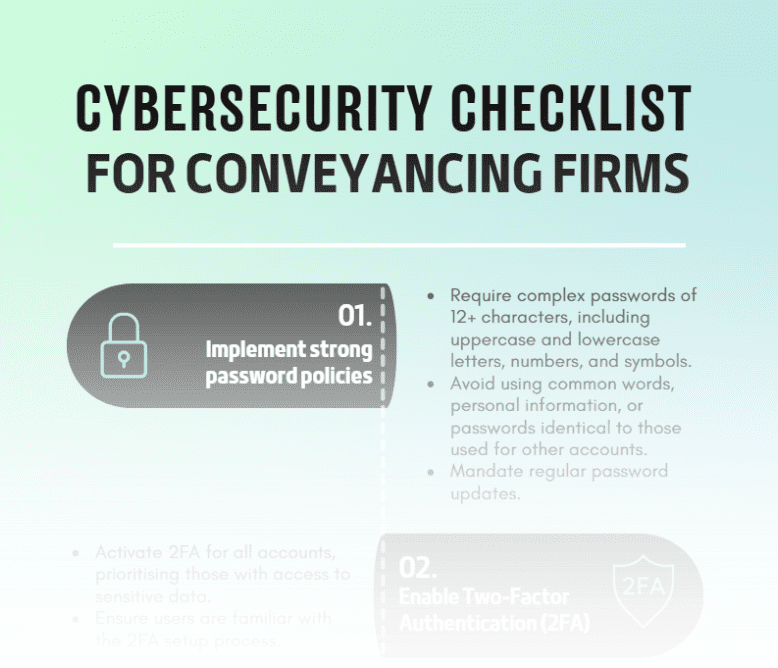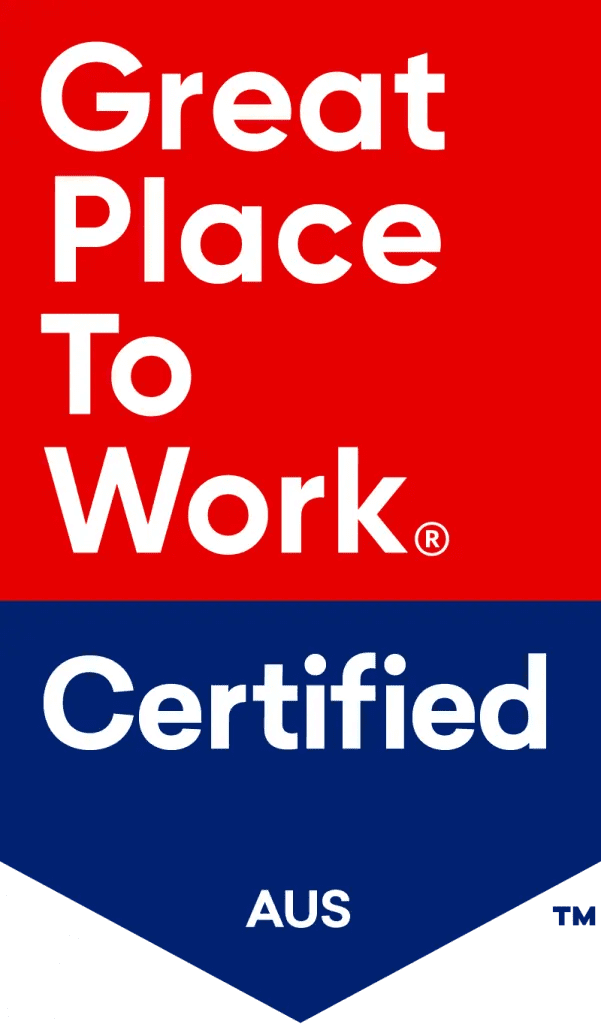Employee engagement might sound like a HR buzzword – one of those phrases that provokes a few eye rolls around the room the moment it’s mentioned. But plenty of studies have been done to back up the real positive impact of motivated and engaged employees on businesses.
While almost three-quarters of business leaders (71 per cent) think employee engagement is key to achieving overall organisational success, another report suggests businesses with highly engaged teams can be as much as 21 per cent more profitable.
And while the stats keep on coming, here’s where the real opportunity lies. With as many as 70 per cent of people saying they feel disengaged at work and the same proportion saying their motivation is influenced by their manager, there’s every chance your business can gain the competitive edge by putting a few solid engagement strategies in place.
Here are some of the ways you can help boost your business’ performance by encouraging a more motivated and engaged team.
Ensure people have everything they need to succeed and develop
It’s often said that one of the best ways to keep employees engaged is to invest some time and energy into their professional training and development; after all, everyone wants to feel like they’re moving onwards and upwards in their career.
So, make sure you’re doing everything you can to help your employees succeed in their current role while supporting their pathway towards any future promotions or opportunities they have in mind. For example, regular catchups could enable you to determine if they have the right tools to be productive day-to-day while identifying any additional responsibilities or projects that might help them work towards personal career goals.
Get everyone involved by communicating your vision, goals and strategy
Research has pointed out that when people feel like their work is meaningful, they’re more motivated to contribute to positive work outcomes. In fact, meaningful work plays a crucial role in promoting more engaged and committed workforces.
No business leader, therefore, should be flying solo when it comes to understanding short-term business objectives, strategies, values and the vision for the future. Regular meetings, newsletters, memos and training sessions are just some of the many ways to make sure everyone in the business truly understands their purpose and, most importantly, feels actively involved in shaping the future.
Recognise achievements to keep employees motivated and engaged
Acknowledging people’s achievements is essential for maintaining the momentum of high performing employees. It’s a simple point of principle; when people feel like their hard work is appreciated, they’re incentivised to continue working hard, but if their efforts go unnoticed, it can quickly lead to disengagement.
While there are plenty of official reward schemes you could implement in your business, something as simple as an email among staff or a mention in a meeting can make all the difference to making people feel valued enough to want to keep up their good work.
Create an environment people want to work in
When you spend so much of your week at the office, providing a comfortable and well-equipped place to work is key to maintaining motivated and engaged staff.
Creating an environment that people can be happy in could include anything from making sure the décor is fresh and office furniture is comfortable – right through to ensuring people have the best tools to do their jobs well. For example, a smart tool like triSearch could leave staff with more energy for strategic work by streamlining those repetitive and time-consuming property and company searches.
Set the example to be motivated and engaged
It’s often said workplace culture starts at the top, so it’s important for business leaders themselves to demonstrate behaviours which are synonymous with engaged and motivated workers.
With the link between collaboration and engagement often talked about, you could have a positive influence on your team by being communicative, breaking down hierarchical barriers and showing a willingness to work with and involve others. Other factors such as your own punctuality, appearance and positive attitude in the face of challenges could have an impact on cultivating a more engaged team.
Help staff maintain a healthy work-life balance
Every business will experience busy periods from time to time, but while these are great for the bottom line in the short-term, the long-term health of your team depends on how to manage a sudden rush. Essentially, staff working long hours for too long can lead to burnout and, that’s right, disengagement.
While working harder and faster might seem like the natural way to tackle an increased workload, always keep in mind the importance of encouraging staff to respect their personal time. This could include promoting regular time out of the office, exercise, and setting an example by not sending emails late at night.
Motivation and engagement are not just buzzwords, they’re the lifeblood of any successful and productive team. So, by putting a few simple measures in place, you could increase your chances of attracting and retaining top talent for the long-term.






